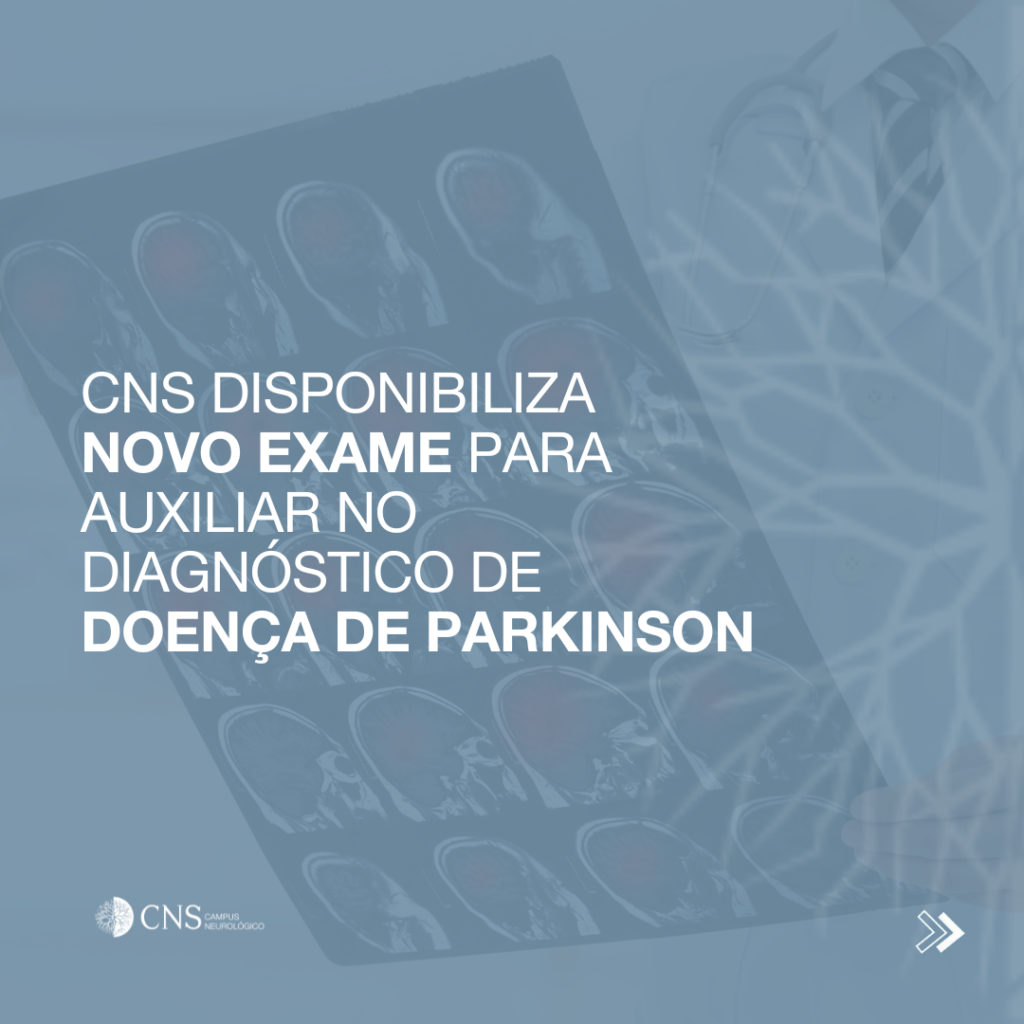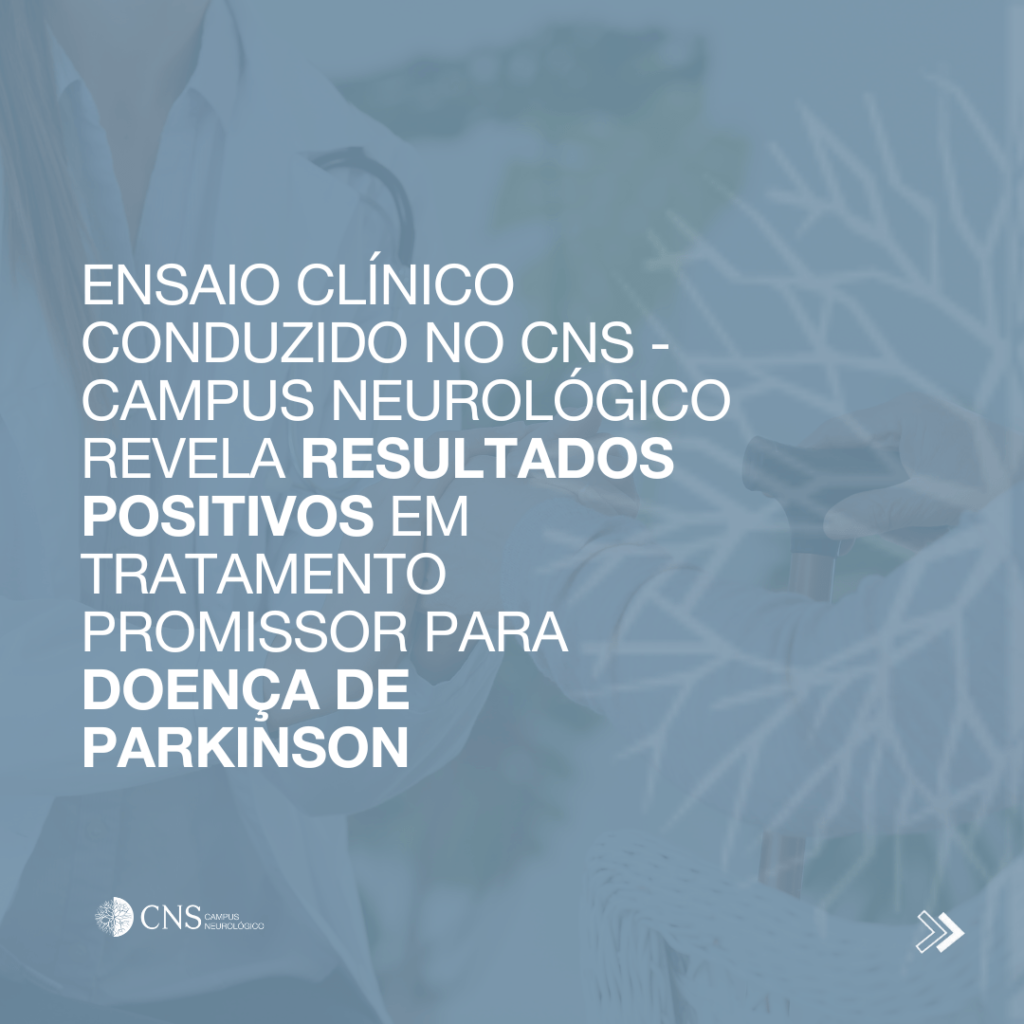Notícias
Home - Notícias

CNS – Campus Neurológico disponibiliza novo exame para auxiliar no diagnóstico de doença de Parkinson
CNS - Campus Neurológico disponibiliza novo exame...
01/07/2024

Decorreu no dia 13 de abril, o 6º Congresso CNS
Decorreu no dia 13 de abril, o 6º Congresso CNS
13/04/2024

Ensaio clínico conduzido no CNS revela resultados positivos em tratamento promissor para Parkinson
Ensaio clínico conduzido no CNS revela resultados...
23/03/2024

O CNS abre a primeira unidade no Norte do país
O CNS abre a primeira unidade no Norte do país
20/11/2023

Documentário “Shaking Hands with the Devil”
Documentário "Shaking Hands with the Devil"
05/09/2023

Iniciativa Dia Mundial do Cérebro | 22 julho 2023
Iniciativa Dia Mundial do Cérebro | 22 julho 2023
17/07/2023

A endometriose aumenta o risco de doença cardíaca isquémica e doença cerebrovascular.
A endometriose aumenta o risco de doença cardíac...
23/06/2023

Formação Profissionais de Saúde | “Doenças de movimento para internos de Neurologia”
Formação Profissionais de Saúde | “Doenças d...



